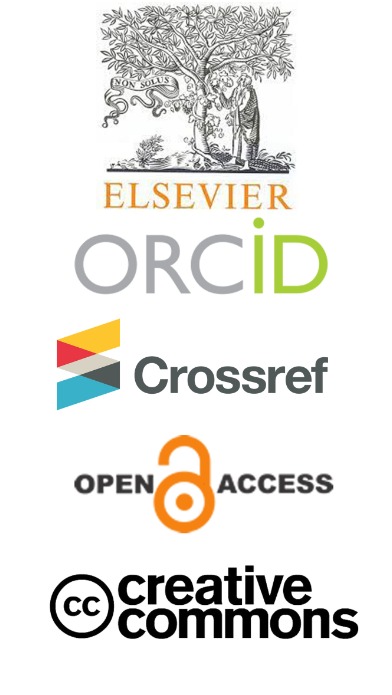Peacemaking and the Muslims’ Outlooks: Problems in Three Southern Border Provinces of Thailand
Keywords:
Peacemaking, Problem, Three Southern Border ProvincesAbstract
This research aims to (1) study the expectation for peace of the Muslims and the factors to make peace in the Muslim populated areas, and (1) find out some possible guidelines for peace in the Malay-Muslims populated provinces. The framework of study is provided into independent factor ‘Muslim Expectations’ and dependent factor ‘Peace Building’. The peace building is composed of (1) permanent peace, (2) reconciliation among ethnic groups, (3) integration, (4) mechanism of law and, (5) better understanding among cultures. The tool of this research is designed into 2 sets of questionnaires: closed-ended and open-ended questions. For the closed-ended questionnaire, the sampling groups are focusing on the leaders from the Three Southern Border Provinces, randomly 300 people from Pattani, Yala, and Narathiwat and, the other open-ended ones, answered by 15 leaders through an interview process. It has found that the permanent peace is required in this Muslim populated area. First, majority of the people are supportive of peace and pray for peace to become true for their homeland. The means of requiring permanent peace stay at 3.74 and the ranking is at a high level. Second, the mechanism of law to protect the people is important. The Muslims often feel that they are treated unfairly by the state. Islamic schools are burned down and Muslim missionaries shot and killed many times without the government's ability to find out the culprit. The means of saving the people in the Muslim populated areas stay at 3.51 and the ranking is at a high level. Third, the reconciliation among ethnic groups should be done. The Muslims feel that sincerity to make peace from the state never be done fruitfully. Actions by the dominant officials always lack of responsibility and full with interest conflicts among themselves. The means of making a safety zone in the Muslim areas stay at 3.48 and the ranking is at a medium level. Fourth, the better understanding among the social cultures should be made. The state never try for any program to create a better understanding between the Buddhism and the Islamism. A center for cultural exchange to learn the community faith and the dialogue exchange for Muslim and Buddhist scholars never be done. Paranoia between cultures has never been resolved on the spot. This is one of the roots and the endless problems in the three southern border provinces of Thailand. The means of poor understanding among the cultures stay at 3.46 and the ranking is at a medium level. Fifth, the integration of civil society should be promoted. The sincerity of promoting any ethnic political party by the state is very poor. The Muslims feel that the government always look at any ethnic minority group who trying to upgrade their living standard as the culprit to against the state. This is the greatest point to push the civil society away from civilization. The means of ignoring the underprivileged citizen for their better livelihood stay at 3.36 and the ranking is at a medium level. In addition, this article has also found that the problem of peace building is engaged by the dominant power not the ethnic minority Malay-Muslims.



